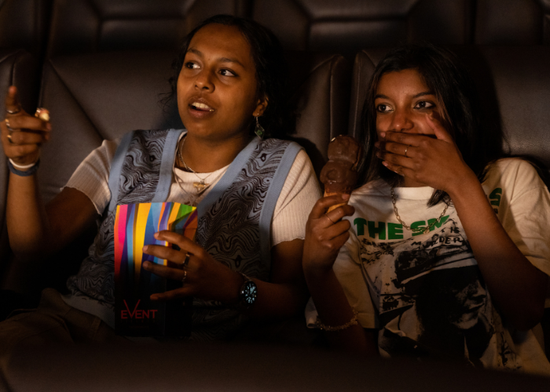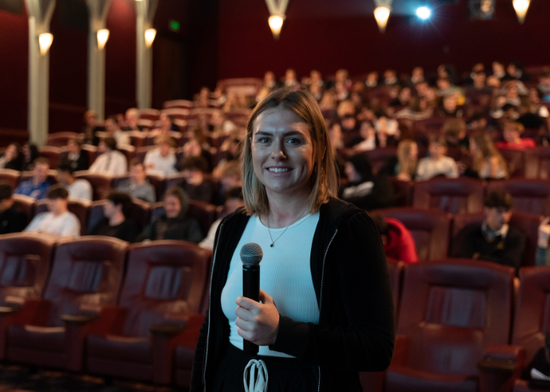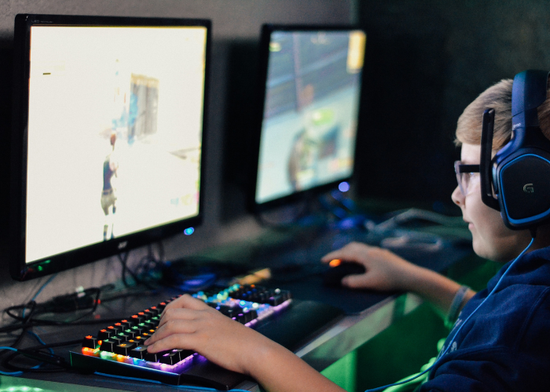How to talk with young people about pornography
In today’s digital world, it’s no surprise that many young people come across pornography. We have advice and answers to frequently asked questions for parents and whānau who want to talk with their young people about pornography.
For more information, you can view our guide on talking with young people about pornography or read our latest research Growing up with Porn.
You can also access Ka huri i te kōrero | Changing the conversations, a resource module we created with the Ministry of Education to support school teachers to talk about pornography.
Te Mana Whakaatu offers a range of in-school presentations for rangatahi, parents and those working with youth. We provide tips, tools and practical advice about how to navigate this tricky kōrero in a positive way. Get in touch if you think your community would benefit from an in-person speaker.
How to talk with young people about pornography
Talking about sex can feel awkward for many, and porn even more so. While younger children might see porn for the first time by accident, teens are more likely to be seeking it out. The best way to support them is to have open, honest conversations about what they might see in porn and how it’s different from real sex and relationships. Here is a talk that aims to empower whānau who may feel anxious or stuck and not know where to begin in approaching the topic of pornography with their children.
Young people's views on porn
Our research shows that rangatahi turn to porn for sex ed. They see stuff that’s unrealistic and problematic, so it’s good if parents and whānau can talk to them about it.
We spoke with young people across Aotearoa about their views on pornography and what they need from whānau when talking about porn. We hope these animations can help you to have conversations with your child in a positive and productive way. Take a listen.
How you approach the conversation matters
Have you talked to your child about sex? In order to start a conversation about pornography you need to have had the sex talk first. For support with this visit the Family Planning website.
Choose the right moment. A private, quiet time to talk, like a car ride or during an activity together.
- Be open and honest. Acknowledge that this conversation may be awkward.
- Show respect. Respect their opinions and boundaries; don’t embarrass them by making jokes.
- Actively listen. Try to let your own ideas take a back seat and really listen.
- Learn from them. Get them to teach you what they know about things like consent.
- Be patient. Don’t give up, try and try again.
What to say about porn
When talking with rangatahi about pornography, there are some important things you can discuss with them, including:
Real sex
- Is between real people.
- Involves intimacy: there’s kissing, hugging, caring.
- Is about pleasure.
- Involves positive communication and interaction.
Porn
- Is performed by actors.
- Isn't how real people interact and treat each other - it's fantasy.
- Often lacks clear consent.
- Creates unrealistic expectations of sex and relationships.
Aggression
- It’s common to have seen violence and aggression in pornography.
- Most frequently men are shown controlling or dominating another person, often a woman.
- Talk to your young person about the importance of an equal balance of power in all intimate relationships and that violence is never okay.
Consent
- Consent is essential when it comes to sex and needs to be clear. Porn doesn’t often show this.
- If you are unsure whether someone is consenting, you must stop and check in.
How to get started
Many parents find it challenging to start the conversation. Here are some questions you can ask:
- Ask what they think is important in a healthy relationship. It’s a great way to discuss fantasy vs reality in pornography.
- Ask whether how people look and act in pornography reflects what they see in the real world: at school, at home and in the community.
- Ask what they think the impacts of watching porn are. Try to respect their points of view, even if you disagree with them.
- Ask what they think the impacts of viewing pornography might be for a younger brother or sister or family friend. This helps them to share without it being about them.
- Ask how pornography makes them feel. It’s important to really listen to what they think.
We know that conversations about sex and pornography can be awkward and embarrassing and sometimes as adults we have no idea where to begin. We hope that these animations can help you to start the conversation in a way that suits the age and stage of your child.
Talking with your 10-13 year old
Talking with your 14-17 year old
Sue Bagshaw talks about Growing Up With Porn
Sexual Health Doctor, Dame Sue Bagshaw, talks about what she found surprising in our latest research report, Growing up with Porn.
Was this helpful?
If you'd like to know more about this topic, get in touch. We're happy to help.



